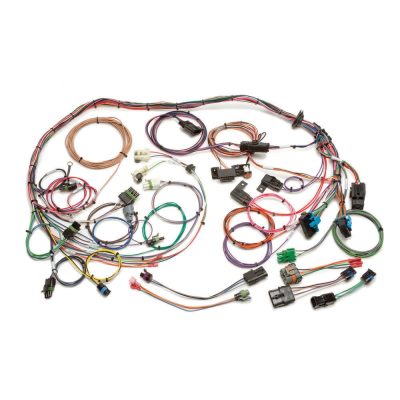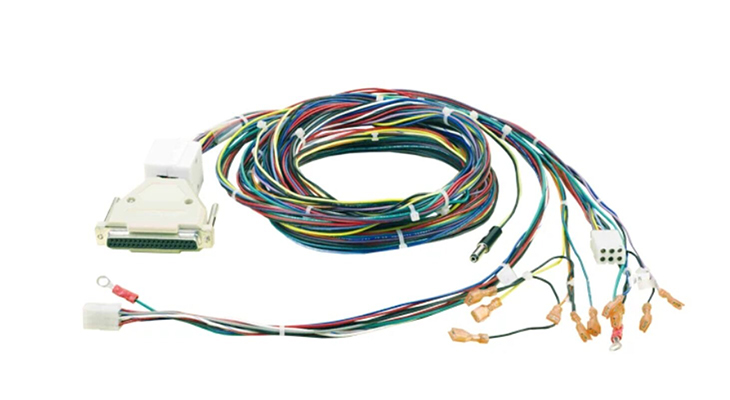Fuses in Automotive Electrical Systems for Circuit Protection Against Overcurrent
News 2025-10-24
In the intricate network of automotive electrical systems, fuses serve as essential safeguards against overcurrent conditions that could lead to circuit damage or catastrophic failures. These components interrupt excessive current flow, preventing overheating and potential fires, thus maintaining the integrity and longevity of vehicle electronics. Understanding their function is crucial for engineers, mechanics, and enthusiasts alike in ensuring reliable performance in modern vehicles.

Key Applications in Automotive Settings
Fuses are integral to various parts of automotive systems, including engine management, lighting, and accessory circuits. For instance, in electric vehicles, they protect high-voltage batteries and charging systems from surges. In traditional combustion engines, fuses safeguard components like fuel pumps and ignition systems. This widespread use highlights their adaptability, ensuring protection in diverse scenarios from daily commutes to high-performance racing, where rapid current changes are common.
Performance Benefits and Reliability
Automotive fuses offer rapid response times, often blowing in milliseconds to halt overcurrent, which minimizes damage and reduces repair costs. Their simple design provides consistent performance across temperature extremes, a vital advantage in automotive environments. Additionally, fuses are cost-effective and easy to replace, enhancing system maintainability while supporting energy efficiency in electric and hybrid vehicles by preventing unnecessary power losses.
Frequently Asked Questions
1. What types of fuses are commonly used in cars?
Fuses in automotive applications typically include blade, glass, and ceramic types, chosen based on voltage and current ratings to match specific circuit needs.
2. How do you identify a blown fuse in a vehicle?
A blown fuse can be identified by visual inspection for a broken filament or by using a multimeter to check for continuity; discoloration or melting may also indicate failure.
3. Why is regular fuse inspection important for vehicle safety?
Regular checks help detect early signs of electrical issues, preventing potential hazards like fires or system failures, and ensure compliance with safety standards.


